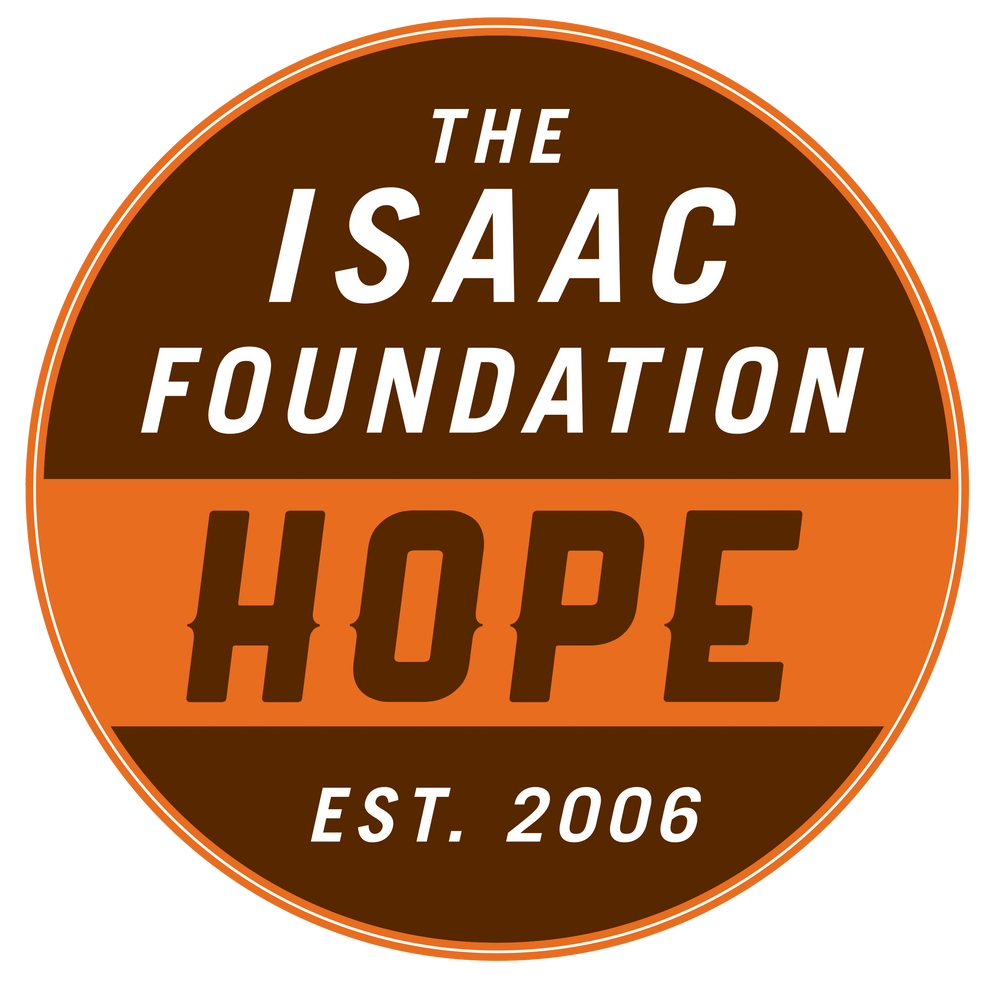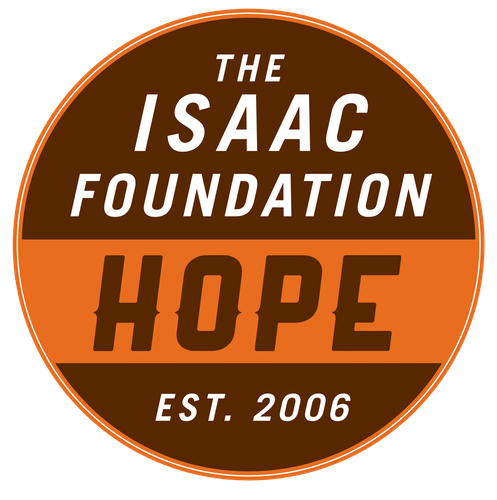



Published: 8/2/2012
After a Twitter campaign urged him to get involved, Premier Brad Wall said on the social networking site the Health Ministry has been asked to look into the case of a three-year-old Saskatchewan girl dealing with a rare disease.
A search for @PremierBradWall Wednesday resulted in a feed full of tweets from the last several days directed at the premier - who was travelling with his family back to Saskatchewan - asking him to ensure Violet Revet, a Langenburg girl, receives treatment for a rare enzyme deficiency called MPS VI, or Maroteaux-Lamy syndrome.
“The minister’s office has been asked to look into it,” Wall tweeted in reply to Ontario-based Andrew McFadyen of the Isaac Foundation, who organized the campaign and put out a news release later in the day. McFadyen’s son, Isaac, has the same condition as Revet and the foundation raises money for research and advocates for families of those with the disease.
“Public pressure on governments, we know, works,” McFadyen said in an interview Wednesday about the Twitter effort, noting many people are interested in the Isaac Foundation and have been involved in campaigns to ensure those with the disease receive treatment.
McFadyen said sufferers of MPS VI lack an enzyme in their blood that breaks down cellular waste, which instead builds up in bones, tissues, organs and muscles, leading to many symptoms including heart and airway disease, corneal clouding, stiffening of joints, shortened stature and premature death. There are nine confirmed cases in Canada and about 1,100 worldwide.
Though there is no known cure for MPS VI, McFadyen said a therapy exists, designed to provide a synthetic version of the missing enzyme through weekly doses. The cost can range from $300,000 per year for a child to $1 million per year for a young adult.
The treatment is only available to Canadian patients through a federal special access program, but is being used for patients in Ontario, British Columbia and Quebec through that program and is funded by the provincial governments, McFadyen said.
“Isaac was the first person in Canada to successfully bring this treatment here and it’s done wonders,” he said. “It’s not a cure. It’s more of a lifeboat.”
Tracey Smith, director of pharmaceutical services with the Saskatchewan Drug Plan, said Wednesday the request is being considered.
“We hope to have a decision in the next couple of weeks,” Smith said.
“We are aware of this request and the request for coverage of this particular drug was made to the drug plan on July 9 of 2012,” Smith added. “We do have a mechanism for reviewing these types of requests and we’re basically looking at the request and are working as quickly as we can to make a decision.”
A variety of factors are examined when considering a request like this one, she said, noting those include effectiveness of the drug, treatment guidelines, safety information and the cost impact. McFadyen said it took 18 months for Violet to be diagnosed and seven months from her diagnosis for the application to be received by the ministry. He urged quick action, noting long appeal processes have been required in other provinces where the treatment has eventually been approved.
“There is zero guarantee that this decision is going to be positive for Violet and her family,” he said.
The Revet family was travelling to Saskatchewan from Ontario on Wednesday and could not be reached.
© Copyright (c) The Regina Leader-Post
Original source article: Twitter campaign prompts Wall to agree to look into medical treatment for Sask. girl